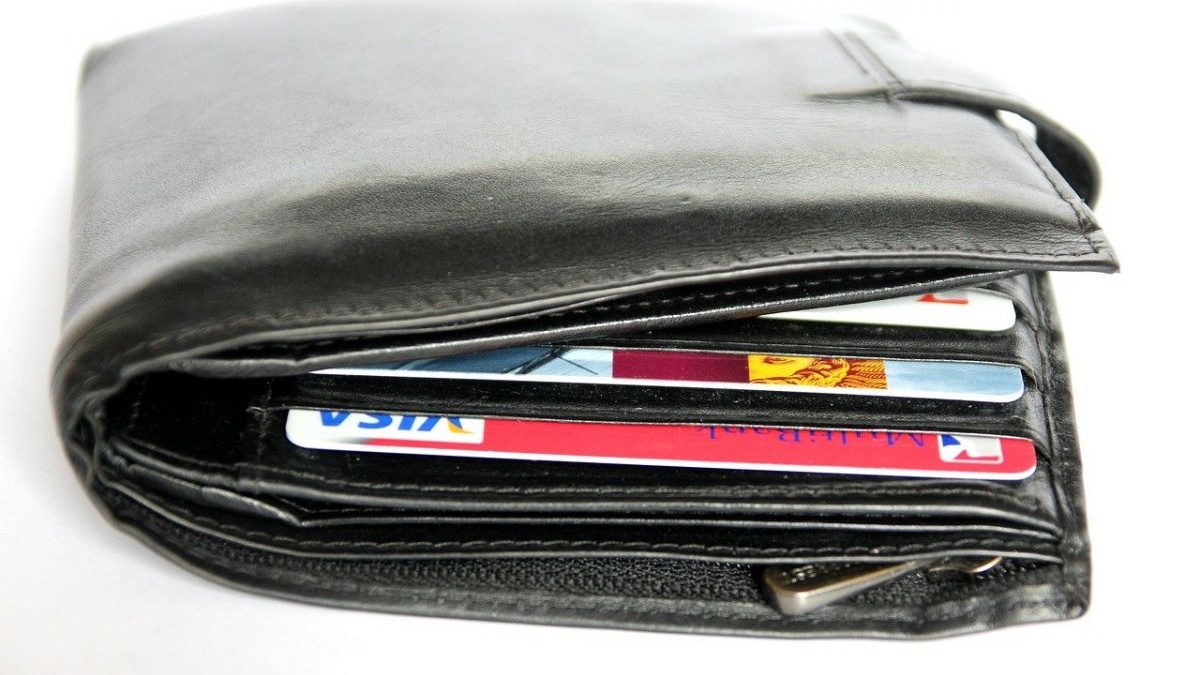My late parents lived through the Great Depression. They despised debt and believed the biblical aphorism: "Just as the rich rule the poor, so the borrower is servant to the lender." (Proverbs 22:7 NLT) The Scout Oath I learned as a boy said that scouts are "thrifty" - a word hardly ever heard these days.
According to statistics from the Federal Reserve, household debt in the United States, including mortgages, jumped from $6.4 trillion at the end of 1999 to $11 trillion by the end of the third quarter of last year - a 72% increase. Late payments on credit cards hit an all-time high last July. And the savings rate in this country stands at -0.6. We spend more money as a nation than we make!
It doesn't take a genius to know something is wrong here. Politicians talk about it all the time in terms of government spending - but do nothing about it. Families and individuals don't have to wait for the national leaders to address the country's budget deficit before dealing with our own problems with affluenza.
Materialism, greed, and coveting are sins. Self-denial, detachment, and stewardship are virtues. A bit of serious introspection would seem to be in order.
- Do you pray to be liberated from greed and image-preoccupation?
- Do you budget your income, spend responsibly, and share with others?
- Do you tithe and make offerings beyond the 10% benchmark?
- What would personal downsizing for the sake of others mean in your life?
- What do you need to be content?
- Will you give away something you are attached to this week?
- Are you conscious of any defense mechanisms surfacing as you read this?
Debt is like alcoholism, lust, and bad temper. It does no good to be aware of the problem without taking practical steps to correct it. Pay with cash. (Or pay off your credit card every month.) Repent of the lies you tell yourself to transform wants into needs. Make a budget - and stick to it. Ask God to help you get free of your need for status symbols - especially expensive clothes and cars.
At stake is not just reducing debt but anxiety and better spiritual health.
True religion with contentment is great wealth. After all, we didn't bring anything with us when we came into the world, and we certainly cannot carry anything with us when we die. So if we have enough food and clothing, let us be content. But people who long to be rich fall into temptation and are trapped by many foolish and harmful desires that plunge them into ruin and destruction. For the love of money is at the root of all kinds of evil. And some people, craving money, have wandered from the faith and pierced themselves with many sorrows. (1 Timothy 6:6-10)











Comments
Have thoughts on this article? Leave a comment